Let’s get something out of the way first: Don’t let anyone ever tell you how you should feel. We’re all human, and we can’t control how we feel. We can try to learn why we feel the way we do, but we—and we alone—are the only ones who have the authority to dictate how we see ourselves.
Eleanor Roosevelt once famously said “No one can make you feel inferior without your consent.” She was right.
That concept, that we are the masters of our deepest, most raw views of ourselves, is tough to come to terms with. With all the negativity out there—bosses, siblings, social media, exes—some days just feel like the world is against you.
You know what ole Eleanor would say about that? Screw them. You're better than that. (In a First Lady-like way, of course.) No one has the right to make you feel bad but you.
Our first lesson in becoming someone who sidesteps negativity and appraises ourselves in an honest way starts with, strangely enough, Robert Frost’s view on life.
1. It Goes On
The day, the hour, the minute, the year. Life goes on.
It's not a fatalistic view. No, it's quite the opposite. It's about living in the present—defending yourself against libel, slander and anything of the sort in the moment—but knowing that tomorrow is always there.
You can't let things get you down. It’s based on your “bounce-back.” Your perseverance. Your intrinsic prowess to regain composure and focus. Whatever you call it, you need it. You need to know that today may suck, but it's just a challenge.
And you're up for the challenge, whether you know it or not. No matter what that challenge is, it's the hand you're dealt, and today's not like yesterday or tomorrow. Today's a test, and how you react is key.
How will you react?
2. Dignified Resistance
It takes a conscious effort to ward off negativity. Marilyn Price-Mitchell, a developmental psychologist writes in Psychology Today that negativity is like second-hand smoke—which basically means it emanates from people who need it, indeed thrive on it, but it's something we can all avoid.
“[W]ith just one flash of the word ‘no,' our brains release dozens of stress-producing hormones and neurotransmitters that create havoc with our normal functioning,” she writes.
Yes, this seems counter-intuitive. Saying “no” is one of the most powerful things we can do in this day and age and is a tool that allows us to avoid finding ourselves in crappy situations that lead to sub-par work—which further leads to us feeling shitty.
But what it also means is that, sometimes, we have to take a path of resistance to find true satisfaction.
You will feel stress. You will feel like a jerk—maybe even a bad friend if you say “no” to something, but in the end, saying it most likely means you were following your intuition. You may feel bad about declining a project or request to take on extra responsibility, but its effects are far reaching. As mentioned above, there is a tomorrow. And if tomorrow means you can complete your objectives and goals in a way that pleases you and in a way that satisfies you, what else can you do?
It only takes a moment. When you’re in a sea of voices on the sidewalk or between the metallic clangs of the subway, in a place that occupies the space between the auto parts commercial and the weather on the radio, we have the time to make a choice. We can choose, in these few seconds, to resist the negativity that comes with all the voices that smother confidence.
We can choose to fight against the thought that we're not good enough. That we don't eat enough fruits or the fact that we don't have a juicer and aren’t Superman. We can say to hell with the people who treasure—even protect—a status quo that might restrain you.
We can reject these feelings that what we do is innately wrong simply because no one is doing it. The default feeling of “fine” doesn’t have to apply to you.
“The only thing necessary for the triumph of evil is that good men do nothing.” No matter who actually said it, this is another one of those quotes that plays on both a macro and micro level. If you're subjected to constant admonishments by anyone—including yourself—you're essentially acquiescing to an agreement that lowers your standing in your eyes. You can't let that happen.
All that we have, after we divest our status and our haircuts, our clothes and our relationships, is our mind. And in our minds, we play scenes over and over of our days. We can sleep easily knowing we did well by our own standards or toss and turn thinking of what we should have done and perpetuate a cycle of regret.
When all else is gone, what else is there but a man and his thoughts?
There is nothing else. Really. When we’re alone with our thoughts, things can happen. We may be hard on ourselves because we think of the things we should have done that day, or we could look at the situations and acknowledge them for what they are: challenges.
Taking on these challenges is more than just changing our mindsets, though. It requires another step.
3. The (Controlled) Burning of Bridges
Connections in the professional and social world can mean everything. But still, becoming an adult means you have the prerogative to burn bridges—methodically and tactfully in a way that’s advantageous to you. You don’t have to worry about cliques anymore. No more dances, either.
You’re an adult—but some of the people with whom you come in contact haven’t gotten there. Or ever will.
Toxic relationships are real. They're not just things you see in Lifetime movies. Whether it's an acquaintanceship or an actual “friendship,” these caustic relationships can singe the ends of your psyche and continue turning your confidence into an ashy shell of what it used to be unless you snub it out.
“Generally in a toxic relationship you don’t bring up how you feel,” write Rosemary K.M. Sword and Philip Zimbardo in Psychology Today. “Maybe you don’t want the person to be angry because they hold some sort of power over you, or you are holding on to the dream that one day they will wake up, realize their transgressions, and make good.”
Whether you know it or not—or want to admit it—you could find yourself in something that could seriously be considered an abusive relationship. Again, not just Lifetime movie material here. You have to do your best to get away from this. Any “ups” or pros you get from this relationship are not worth the mental anguish you suffer.
Sword and Zimbardo have a five-step method to ending such relationships, but you probably know how to do it yourself by this point. The condensed version: Don't delude yourself into thinking they're going to get better, and you just have to search out company that energizes you.
In the same way that you're responsible for letting negativity infest the assessment of your self-worth, you're also the one who allows positivity in. And while you shouldn't hang out with a bunch of yes men, you have the ability to find those who inspire you to do better—those who give you the motivation to do better simply because they have some quality you find admirable.
We all have our own problems, but it's our ability to look forward—to make a decision to designate our problems as challenges—that will keep your mind impenetrable and maintain an unshakable self confidence. Doubters, haters, and people we just generally cannot stand are everywhere in this world.
No matter what job you have, no matter where you live, no matter what era you occupy, you’ll learn that people are generally the same. There are people who believe in you and truly want to see you succeed—the good guys—and those who need company in their relentless pursuit of sadistic self-devaluation—the bad guys.
Seek the former, and leave the latter to wallow alone.
To keep this whole quote series going, I'll leave you with a favorite from the more-melodramatic-than-Gin Oscar Wilde.
“We are all in the gutter, but some of us are looking at the stars.”
The view is better down here anyway.



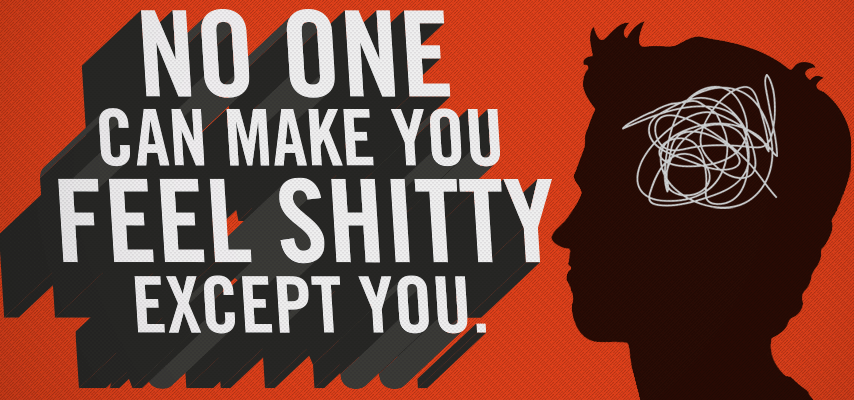
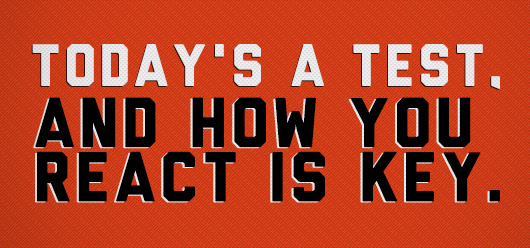
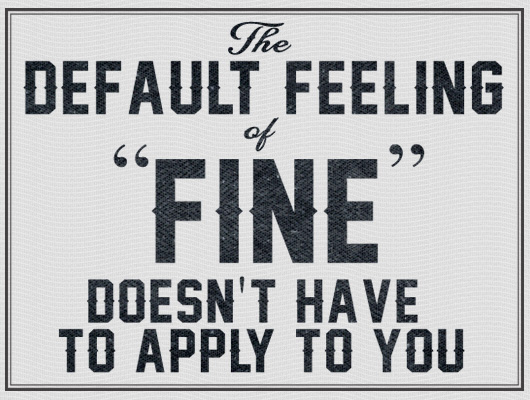





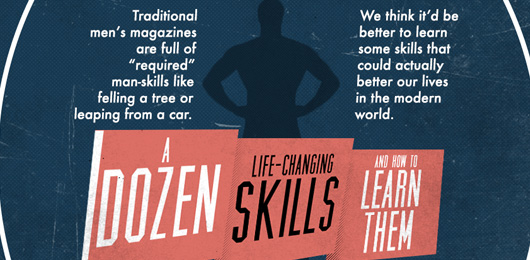
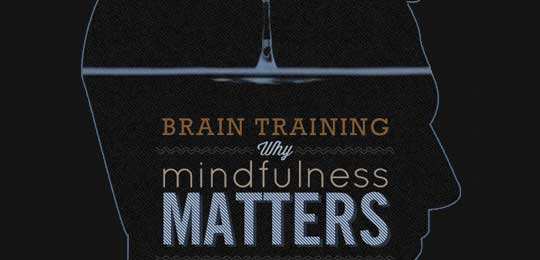

![It’s Time to Begin Again: 3 Uncomfortable Frameworks That Will Make Your New Year More Meaningful [Audio Essay + Article]](https://www.primermagazine.com/wp-content/uploads/2025/01/begin_again_feature.jpg)



